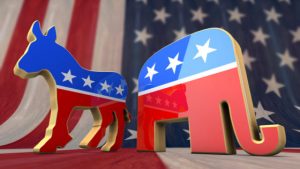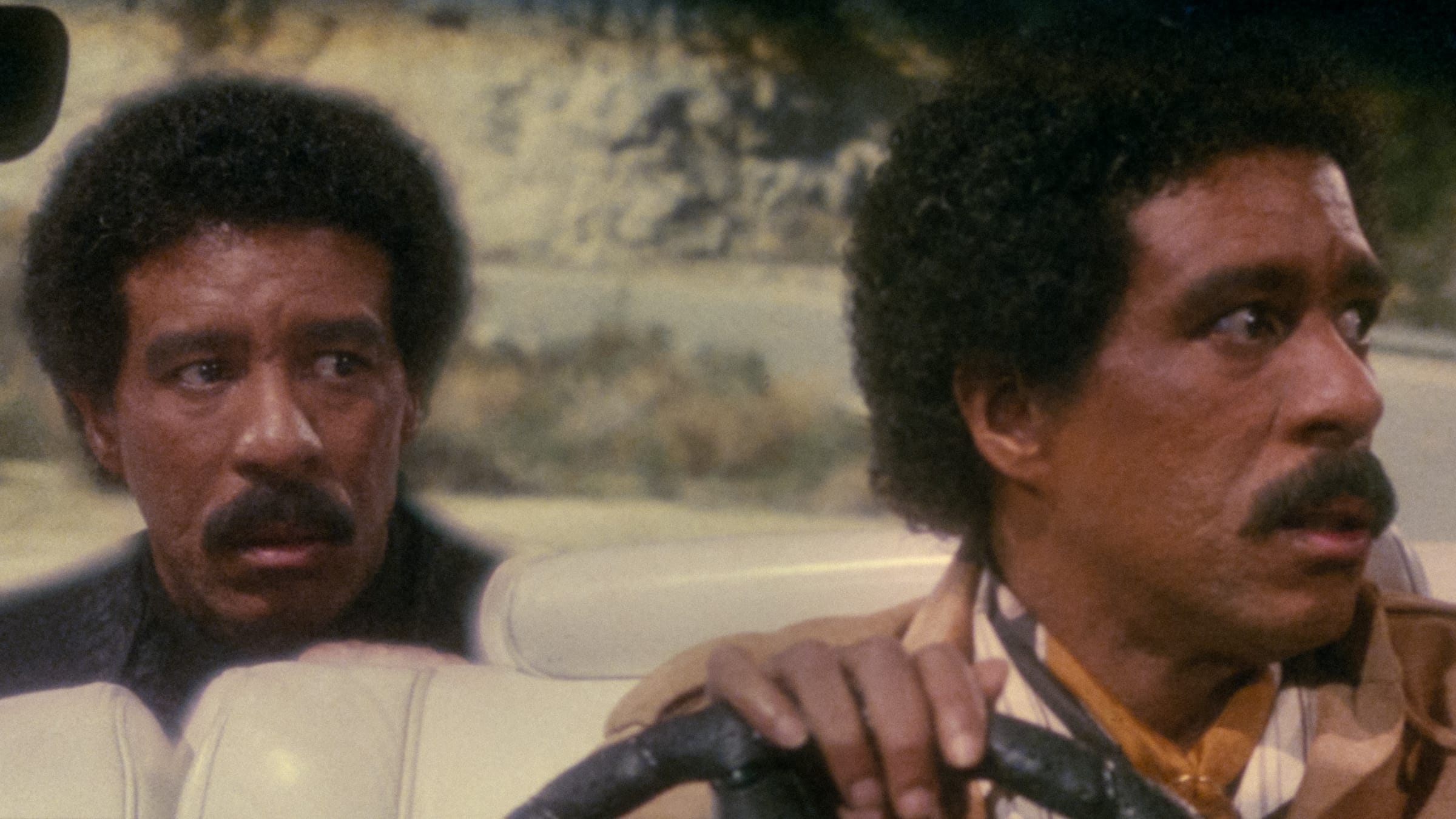(ThyBlackMan.com)
He didn’t do it.
Maybe he did it but it doesn’t matter.
We do it all the time. “Get over it.”
The “it” was the president trying to trade military aid for dirt on his 2020 political opponent. But this discussion isn’t about impeachment. This is about what people choose to believe, even when confronted with the same set of facts.
According to a recent AP-NORC poll, forty-seven percent of people struggle to determine whether the information they are seeing is true. Six in ten say they regularly see conflicting reports about the same set of facts from different sources. Democrats say they rely on scientists and academics to decipher what is true while Republicans say they rely on what they hear from the president. And majorities had “little to no confidence” in information they got about the government from social media, the president, members of congress or business.
As we retreat further into our respective digital tribes, we rely more and more on “selective perception” and “confirmation bias” to determine what is true or correct: we only see what we already believe and, upon seeing it, take that as proof that what we already believe is true. Facebook friends and Instagram influencers have become the arbiters of truth with more of us now getting our news from social media than traditional media outlets.
We need to be reminded that data is to information what sound is to music. Sound has to be presented as notes, bars and meters in order to be considered music and data has to be analyzed, organized and accurate in order to be considered information. Otherwise, it is merely noise.
Mark Zuckerberg, Facebook’s founder, has recently been criticized for allowing blatantly false political ads to remain on his platform. Citing everyone from Gandhi to Martin Luther King, Jr., he explained that he was upholding the principles of free speech and that users should decide for themselves what is true or not. Twitter has recently enacted a new policy eschewing all political ads; but they still allow their users, including the tweeter-in-chief, to spew falsehood after falsehood on their platform. How then are we to pursue reliable information?
First, get information from several different sources. Be especially suspicious about the veracity of any claim that is found only on a single news outlet. Second, judge the overall accuracy of the source. Everyone can make a mistake once in a while, but sources that continually push “news” that is not corroborated should be shunned. And, as a news consumer, distinguish between information, misinformation and disinformation.
Information is data that has been corroborated and is in line with empirical facts. Misinformation may be the result of an “honest” mistake or the result of not having all the facts on hand. Disinformation is a deliberate attempt to mislead the audience, with a slant in favor of its transmitter.
Just this past week there was another school shooting in California and the first reports indicated the shooter escaped and committed suicide at a nearby location. We subsequently found out he was taken to a hospital where he later died. That was misinformation, in light of confusion at the scene where the shooter was discovered. When the siege at the U.S. compound in Benghazi, half a world away, was first reported, what turned out to be misinformation by members of the Obama administration was purported to be disinformation; and after hours and hours of congressional hearings, with some of the same congressmen who refuse to believe credible and corroborated accounts told at the impeachment hearings present, it turned out there was no deliberate attempt to mislead. When Attorney General William Barr said that Mueller found no evidence of collusion or obstruction, that was disinformation.
We are living in a time as depicted in George Orwell’s book “1984” when some political leaders tell us that “War is peace, slavery is freedom and ignorance is strength”, slogans of what Orwell called The Party. Where words seem to have their opposite meanings and perpetrators present themselves as victims. Daniel Patrick Moynihan had it right: “Everyone is entitled to their own opinions, but not their own facts.”
Staff Writer; Harry Sewell

















Leave a Reply